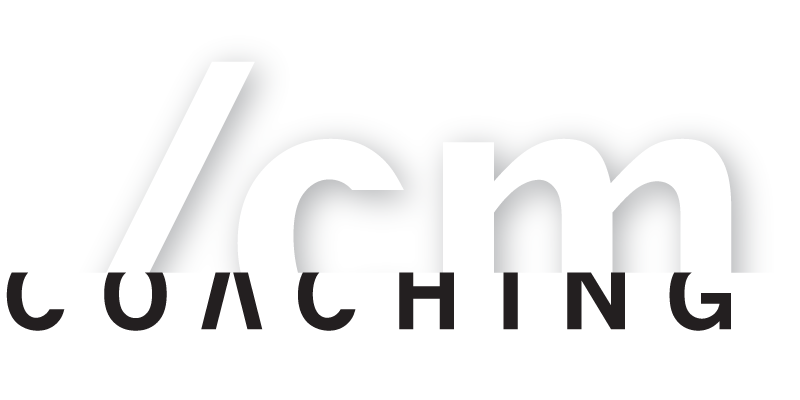I Hate Turnips and Why It's Ok Not to Like Something
I hate turnips. I've never liked them. I don't want to like them. I don't plan on ever liking them. They're like eating ear wax to me. Don't ask...I must have stuck my finger in my ear at one time and made that conclusion.
While I'm all about changing perspectives, taking different approaches to life, reconsidering things from a different vantage point and changing my mind, I don't foresee any change in my attitude about turnips.
There are plenty of other choices that offer an array of rainbow-colored vegetables that I enjoy the tasty-taste-of.
So why make myself like turnips when I don't like them?
I wouldn't like it if my dog sh*t in the house. Why would I ever make myself like that either?
It's ok not to like something. But I don't have to keep talking about turnips (said thing that I don't like). In fact, if I stopped talking about them, I wouldn't be thinking about how much I hate turnips as I make a face that a two-year-old does when you try to put something in their mouth that they don't like. Blick!
Point is, you don't have to make yourself like something you don't like - neither do you have to keep talking about the thing(s) you don't like. Like turnips. Have I told you I don't like turnips? ;) Instead, choose from the menu of things you do like.
There is that thing about making the best of it though, right? Oh yeah...that thing.
The distinction is, that I don't have to eat turnips. I can eat all kinds of other things, so why-oh-why put any attention on the turnips? But if I *had* to eat turnips, maybe I'd better find a way to make the best of them. I didn't say like them, I said "make the best of them."
If there's something you must do, need to do, are doing, or are going to do, find a way to make the best of it.
Making the best of it doesn't mean liking it...it just means making the best of it.
It means don't look for evidence that backs up your dislike.
It means not making the worst of it by talking about how bad or awful it is.
It means don't put that bone out there for the dog to latch onto by searching-out other people who don't like it.
It means making some peace with whatever it is.
For instance, if you have a very fond dislike to folding laundry but you're going to do it, you can think about something else that you do like while you're folding the laundry. The laundry is not holding your mind hostage - although it may seem that way. Before you know it, you have a nice neat pile of folded laundry and the task-at-hand didn't seem so bad because you chose to put your attention on something pleasurable.
Making the best of it means - if you don't have enough money to pay your bills, don't keep talking about why you should have more money and how wrong it is that you don't.
That's not helpful.
Making the best of it could be seeing how it's making you be more creative; or, it's helping you discover how extremely resourceful you are. It could also be that you put as little attention as you can to the current condition that you don't like and put more attention on all-else that you do like.
The Universe is not confused about what you like and what you don't.
You can't create more of what you prefer as long as you're making the worst of what-is; or while you're directing attention to what you don't like.
The Universe answers the requests of what you're putting attention to - even if it's something you don't want.
There's nothing in your life that you're not the creator of. There's value in everything that you create and believing that there isn't - has you limiting your own experience.
It's not the condition that's limiting you, it's your perspective of the condition that's limiting you.
You can not-like something - but let it be. Pointing out how much you don't like it has your emphasis on what you don't like.
Turnips don't have to be a part of your menu (or mine). Instead, emphasize what you like about the things you like.
This post is part of the #braveblogging project with Makeness Media. Check out other great posts at #braveblogging
